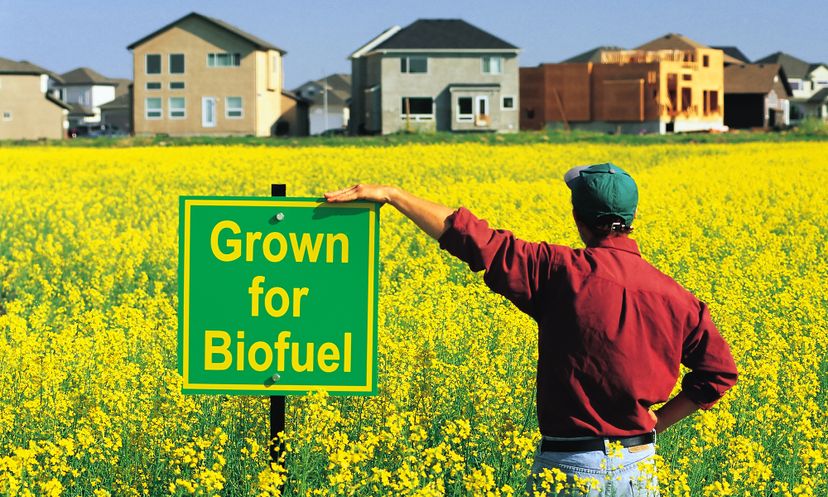
About This Quiz
What do vegetable oil, corn and salt water have in common? They're all potential fuel sources for our cars. See how much you know about the next generation of biofuels in our Biofuel Quiz.Biofuels are made from renewable biological ingredients instead of fossil fuels.
Hydrogen fuel cells are a feasible alternative to oil, but since they're non-living, they aren't considered biofuels.
Biodiesel blends are indicated by the abbreviation Bxx, where "xx" is the percentage of biodiesel in the mixture. B20 fuel is 20 percent biodiesel and 80 percent standard fuel.
Advertisement
Ethanol is a form of fuel derived from the complex carbohydrates in plants. Potential sources are corn and switchgrass.
Although animal fat can be used as a source of biodiesel, plant oils are the primary source.
In the 1900 World Exhibition in Paris, Rudolf Diesel demonstrated his engine that ran on peanut oil.
Advertisement
A rise in gas prices led President Jimmy Carter to encourage the government to explore alternative fuel sources like algae in 1978.
In just one year, a 100-acre (40-hectare) algae biodiesel plant could potentially produce 10 million gallons (38 million liters) of biodiesel. Experts estimate it would take 140 billion gallons (530 billion liters) of the biodiesel each year to replace petroleum-based products.
Critics of biofuel argue that if food and energy compete for land, food prices may go up. They also fear that since surplus food can be used as a fuel source, food surplus programs for hungry countries could dry up.
Advertisement